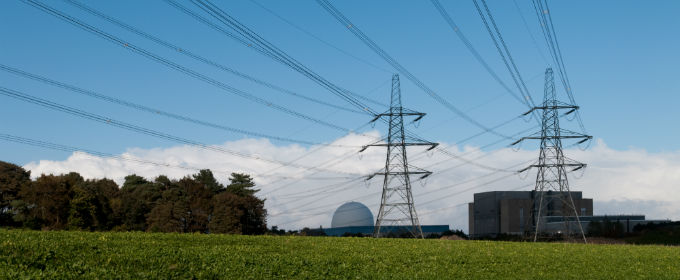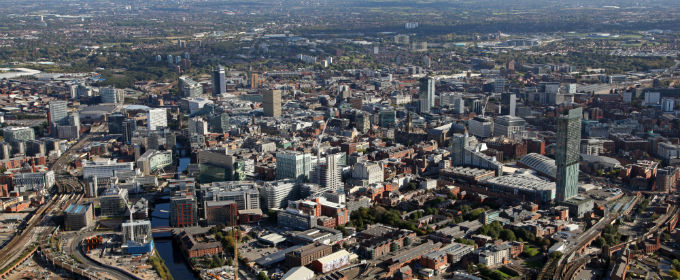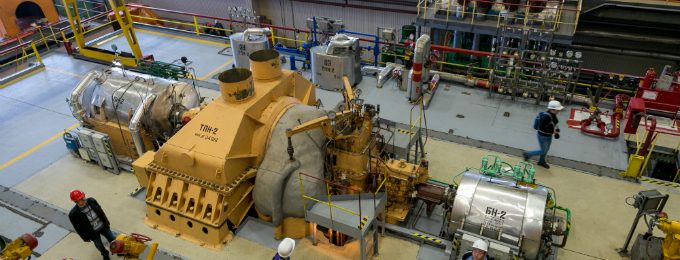Dr Bachir Ouedraogo won a scholarship from the Sustainable Consumption Institute at The University of Manchester and he went on complete his PhD in MACE in 2012 looking at the impact of climate change, renewable energy and population on the future energy demand for Burkina Faso. In 2015 Bachir was elected to the National Assembly […]







